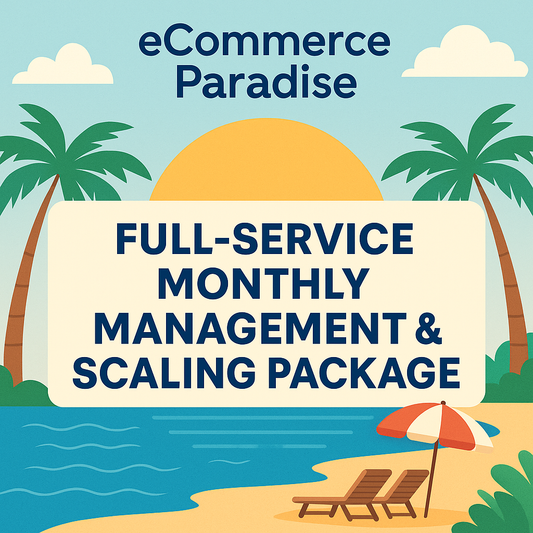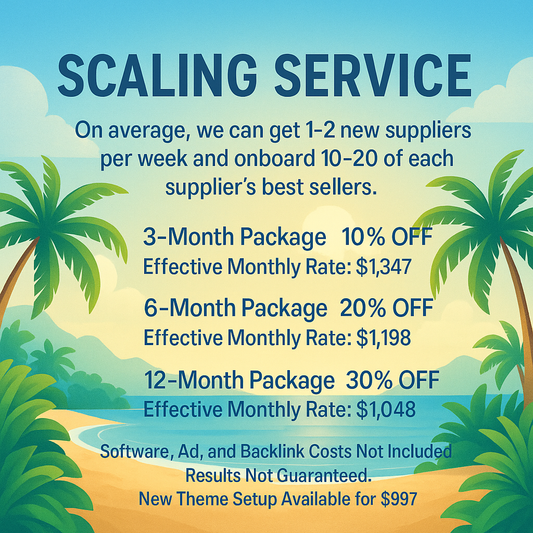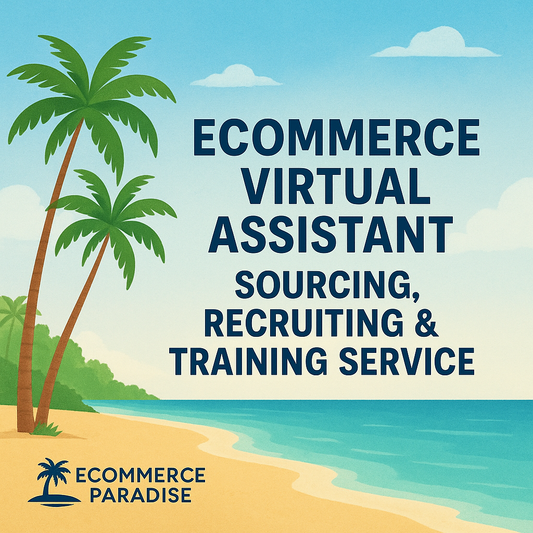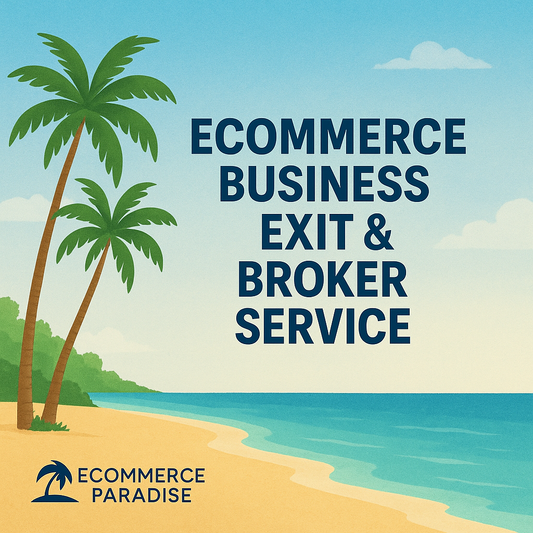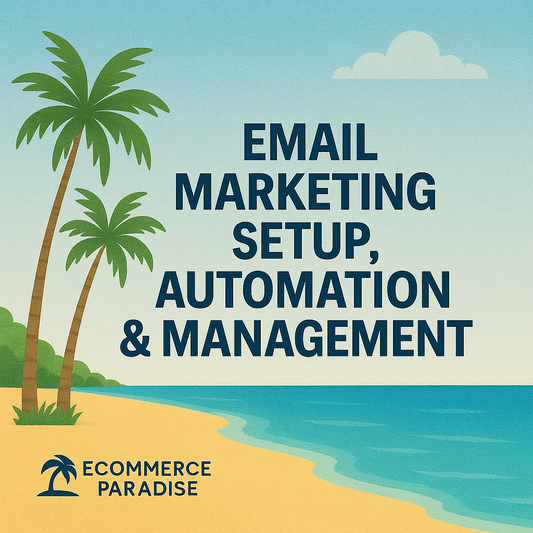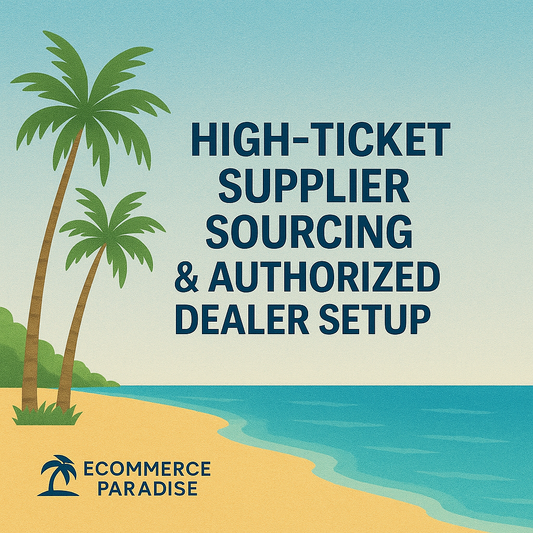
Best Freight Forwarders: Essential Guide to Choosing Reliable Logistics Partners

Finding the best freight forwarder can greatly improve shipping efficiency and reduce costs. Top freight forwarders offer reliability, a wide network, and expertise in handling various shipping needs. They can help businesses navigate the complexities of logistics, ensuring timely delivery across borders.
Many options exist in the freight forwarding industry, each with unique strengths. It is essential to consider factors like customer service, pricing, and the range of services offered. By choosing the right partner, companies can focus on their core operations while leaving the logistics to the experts.
Reading through this guide will provide valuable insights into the leading freight forwarders available today. It aims to simplify the decision-making process for businesses that rely on shipping goods regionally or internationally.
Understanding Freight Forwarding
Freight forwarding is a crucial part of supply chain management, especially in today's growing e-commerce landscape. Companies rely on freight forwarders to move goods efficiently. Key aspects include the evolution of logistics, the specific role these professionals play, and considerations for high ticket dropshipping operations.
Evolution in E-Commerce Logistics
E-commerce has changed how products are delivered. With more consumers shopping online, the demand for fast and reliable shipping has increased. Freight forwarders have adapted by using technology and data to improve their services.
They provide tracking systems, which help businesses and customers know where their shipments are at all times. Furthermore, they negotiate rates with carriers to ensure cost-effective shipping solutions. This advancement leads to shorter delivery times, which customers expect.
Businesses that succeed in e-commerce often rely on freight forwarders to navigate complex logistics. This collaboration enhances customer satisfaction and helps companies stand out in a competitive market.
Role of Freight Forwarders
Freight forwarders act as intermediaries between shippers and carriers. Their main job is to plan and organize the safe transport of goods. They handle paperwork, such as customs documentation, which is essential for international shipping.
They also ensure that shipments comply with local and international regulations. By managing logistics, freight forwarders save companies time and reduce the risk of errors. This expertise is vital for businesses without the resources to manage shipping independently.
Additionally, freight forwarders offer various services, including warehousing and insurance. They help streamline the shipping process, making it easier for companies to focus on sales and customer service.
High Ticket Dropshipping Considerations
High ticket dropshipping involves selling expensive items without holding inventory. This model relies heavily on reliable freight forwarding. A trustworthy partner is critical to ensure timely delivery and customer satisfaction.
Freight forwarders play a key role in managing costs. They negotiate shipping rates that can directly affect profit margins. High ticket dropshippers must select freight forwarders who offer clear communication and reliable service.
Another consideration is return logistics. Efficient handling of returns can enhance customer trust. Freight forwarders should have strong processes in place for managing product returns, which is crucial in high ticket sales.
In conclusion, understanding freight forwarding is essential for businesses in e-commerce and high ticket dropshipping. Choosing the right freight forwarder can greatly affect success.
Selecting the Best Freight Forwarders
Choosing the right freight forwarder is essential for successful shipping. Key factors such as expertise, services offered, and custom solutions play a vital role in making the best choice.
Important Criteria for Selection
When selecting a freight forwarder, several criteria should be considered:
-
Experience: Look for forwarders with a proven track record in the industry. Those who have been in business for several years often understand the complexities of shipping.
-
Network: A strong network of agents and partners can ease the movement of goods globally. The wider the network, the better the service levels.
-
Services Offered: Ensure the forwarder offers the services needed, such as air, sea, or land freight. Additional services like customs clearance and warehousing may also be important.
-
Costs: Compare quotes and check for hidden fees. The cheapest option isn’t always the best; consider the value provided.
-
Customer Support: Good communication is crucial. A responsive team will help address issues as they arise.
Custom Solutions for E-Commerce
E-commerce businesses often require tailored solutions. Freight forwarders can help streamline shipping processes. Custom solutions may include:
-
Inventory Management: Many forwarders offer warehousing and inventory management that can save costs.
-
Real-Time Tracking: Advanced tracking systems help businesses stay informed about shipment status.
-
Returns Management: Efficient returns handling improves customer satisfaction and streamlines operations.
-
Flexible Shipping Options: Various options, like express or economical shipping, cater to diverse customer needs.
Choosing the right freight forwarder with custom solutions can significantly enhance e-commerce operations.
Leveraging Technology in Freight Forwarding
Technology plays a vital role in improving efficiency and transparency in freight forwarding. Key advancements help streamline processes and enhance communication in the logistics industry.
Technological Advancements
Recent advancements have transformed how freight forwarders operate. Tools like tracking software allow for real-time updates on shipments. Freight forwarders can now monitor their cargo’s location and status with ease.
Automation is also key. Automation software helps with documentation and customs clearance, reducing human errors. This speeds up the entire shipping process.
Cloud-based solutions have improved data accessibility. They enable freight forwarders to access important information from anywhere. Companies like ShipStation offer cloud tools that connect retailers with multiple shipping carriers, enhancing operational efficiency.
Integrated Shipping Platforms
Integrated shipping platforms are essential in modern freight forwarding. They combine different logistics services into one streamlined interface. ShipBob is a prime example, offering an all-in-one solution for managing inventory, order fulfillment, and shipping.
These platforms simplify the shipping process by connecting businesses with multiple carriers. Users can compare rates, choose the best options, and track shipments in one place.
Additionally, they provide analytical tools. This helps freight forwarders analyze shipping costs and performance effectively. The result is a more efficient and cost-effective shipping strategy.
Optimizing Shipping Operations
Optimizing shipping operations is essential for companies to reduce costs and improve service delivery. This involves using specific strategies and practices to enhance efficiency and timeliness in the shipping process.
Cost-Effective Strategies
To reduce shipping costs, companies can explore several strategies. First, they should negotiate rates with multiple freight forwarders to find the best deal.
Using consolidation can also help. This involves combining shipments to maximize space and reduce costs.
Another approach is to choose the right mode of transport based on urgency and cost. For instance, air freight is faster but more expensive than sea freight.
Implementing technology like a Transportation Management System (TMS) can help track shipments and analyze costs. This leads to better budgeting and improved decision-making.
Efficiency and Timeliness
Improving efficiency and timeliness starts with careful planning. Accurate demand forecasting helps companies avoid delays and backlogs.
It's important to streamline the packing and loading processes. Uses tools like pallets and containers can speed up operations.
Regular communication with freight forwarders and receivers ensures everyone is informed. This helps prevent surprises and keeps the shipment on schedule.
Utilizing real-time tracking technology allows companies to stay updated on their shipments. This not only enhances customer service but also helps in adjusting plans as needed.
Companies should also establish clear standard operating procedures (SOPs) for shipping. This consistency minimizes errors and boosts reliability in operations.
International Shipping and Regulations
Understanding the rules and processes for international shipping is vital for successful freight forwarding. Key areas include navigating customs and compliance, as well as utilizing global shipping networks effectively.
Navigating Customs and Compliance
Customs regulations vary by country and can affect the speed and cost of shipping. Each country has specific documentation requirements, tariffs, and import/export regulations.
Key documents include:
- Commercial invoice
- Bill of lading
- Packing list
Freight forwarders must ensure that all documents are accurate and submitted on time. Failing to do so can result in delays and additional fees.
It's also important to understand duties and taxes. These are fees imposed by governments on imported goods. Mistakes in this area can lead to penalties or confiscation of items.
Global Shipping Networks
A strong global shipping network helps freight forwarders move goods efficiently. This network is built through partnerships with carriers and agents around the world.
Benefits of a robust shipping network include:
- Faster transit times
- Better tracking options
- Improved cost management
Freight forwarders must choose partners based on reliability and service quality. Establishing relationships with multiple carriers allows them to offer competitive rates and options to their clients.
This network also helps navigate challenges like port congestion or regulatory changes. Quick access to different routes ensures timely delivery.
Profiles of Leading Freight Forwarders
Several freight forwarders stand out in the industry for their services and customer satisfaction. These companies offer unique solutions and technology to streamline shipping processes.
Easyship

Easyship is known for its user-friendly platform. It provides tools for businesses to manage shipping easily. Users can access various shipping options and rates from multiple carriers.
Key features include:
- Real-time shipping rates: Businesses can compare costs and choose the best option.
- Global reach: It supports shipping to over 200 countries.
- Customs documentation: Easyship simplifies the process by automating necessary paperwork.
Their platform also integrates with popular e-commerce sites. This makes it easier for businesses to handle orders and fulfill shipments.
Click here to start your free trial with Easyship today!
PostFromUS
PostFromUS specializes in shipping from the United States to international destinations. They focus on providing reliable and affordable solutions for e-commerce businesses.
Important aspects of PostFromUS include:
- Flat-rate shipping: This option helps businesses predict costs more accurately.
- Expedited services: Faster shipping options are available for time-sensitive packages.
- Tracking solutions: Customers can easily track their shipments in real time.
The company is dedicated to customer service, ensuring timely responses to inquiries. This helps build trust with businesses relying on their services.
Click here to get started with PostFromUS and simplify your international shipping!
Shippo

Shippo offers a robust shipping solution that integrates with different platforms. Businesses can streamline their shipping processes using its easy-to-use API.
Key offerings from Shippo include:
- Multiple carrier options: Users can choose from various carriers for the best rates.
- Shipping label generation: Shippo simplifies creating shipping labels in just a few clicks.
- Return management: It provides tools for handling returns efficiently.
Their platform is particularly beneficial for startups and small businesses. It allows them to compete with larger companies by accessing similar shipping technology.
Case Studies and Success Stories
Freight forwarders play a crucial role in the growth of e-commerce and in advancing logistics innovations. Their strategies have helped businesses thrive and adapt in an ever-changing market.
Impact on E-Commerce Growth
Freight forwarders have significantly fueled the rise of e-commerce. Companies like DHL and FedEx have created tailored solutions for online retailers. They provide fast shipping options, ensuring timely delivery to customers.
For example, a small online store partnered with a freight forwarder to streamline its shipping process. This partnership reduced shipping times by 30%. Customers appreciated the prompt service, leading to increased sales and positive reviews.
Flexibility in shipping options is also vital. Freight forwarders allow businesses to offer various delivery methods. This adaptability meets diverse customer needs, driving e-commerce growth further.
Innovations in Freight Forwarding
Innovations in freight forwarding have transformed logistics practices. Technology plays a key role in these advancements. Tools like GPS tracking and automated warehouse systems enhance efficiency.
One success story involves a leading freight forwarding company utilizing AI for route optimization. This tech saved up to 20% on fuel costs. Such savings can be passed on to customers, creating competitive pricing.
Another example is the use of blockchain technology for secure documentation. This innovation ensures transparency and reduces fraud. Freight forwarders are now more reliable partners in global trade.
By embracing these innovations, freight forwarders maintain their relevance in the market. They adapt to changing needs while enhancing service quality for their clients.
Conclusion
Choosing the best freight forwarders is crucial for efficient logistics. These companies help businesses manage the movement of goods worldwide. A reliable freight forwarder can handle challenges like customs clearance and transportation.
When considering a freight forwarder, factors such as experience, services offered, and customer reviews are important. Some top companies have a solid reputation for handling high ticket dropshipping effectively. This means they can manage expensive items with care.
Key points to remember include:
- Expertise: Look for companies with industry experience.
- Services: Check if they offer services that meet specific needs.
- Reviews: Read customer feedback to assess reliability.
Ultimately, the best choice depends on individual business needs. By selecting the right freight forwarder, companies can streamline operations and improve customer satisfaction. This choice can make a significant impact on shipping times and costs.





